Women’s Integrated Sexual Health (WISH2ACTION)
Humanity & Inclusion works with women and girls with disabilities to break down barriers to essential sexual and reproductive health services and information.
Humanity & Inclusion works with women and girls with disabilities to break down barriers to essential sexual and reproductive health services and information.

Girls in Nakivale refugee camp, Uganda, receive sanitary products from Humanity & Inclusion | © HI

Girls in Nakivale refugee camp, Uganda, receive sanitary products from Humanity & Inclusion | © HI
© Lucas Veuve / HI
Project Duration: August 2018 to May 2024
Consortium Contract Value (Lot 2): £164.8 million
HI Budget for WISH2ACTION: £9.6 million
Countries: Afghanistan, Bangladesh, Ethiopia, Madagascar, Mozambique, Pakistan, South Sudan, Sudan, Tanzania, and Uganda
Women and adolescent girls with disabilities face profound and systemic barriers to accessing essential Sexual and Reproductive Health and Rights (SRHR) information and services. These barriers stem from a complex intersection of disability, gender, and age, leading to stigma, discrimination, inaccessible facilities, a lack of trained health service providers, and communication challenges. Consequently, this population is at higher risk of sexual violence, unmet family planning needs, unintended pregnancies, and maternal complications.
We served as the key technical disability inclusion partner in the WISH2ACTION project. The project’s core strategy was to ‘leave no one behind’ by ensuring equitable access to family planning and sexual and reproductive health services. The project focussed on providing quality integrated and inclusive family planning and SRHR services to marginalised populations, including persons with disabilities, young people, and poor communities. The project operated through a ‘cluster model’, which involved strong cooperation between public and private partners, including Organisations of Persons with Disabilities (OPDs), to promote inclusion.
Humanity & Inclusion’s involvement was guided by its broader commitment to ensuring the right to health and wellbeing for women and adolescent girls with disabilities in all their diversity. Over its lifespan, the WISH2ACTION project generated an estimated 29.5 million couple years of protection, averted 4.3 million unsafe abortions, and prevented 21,379 maternal deaths.
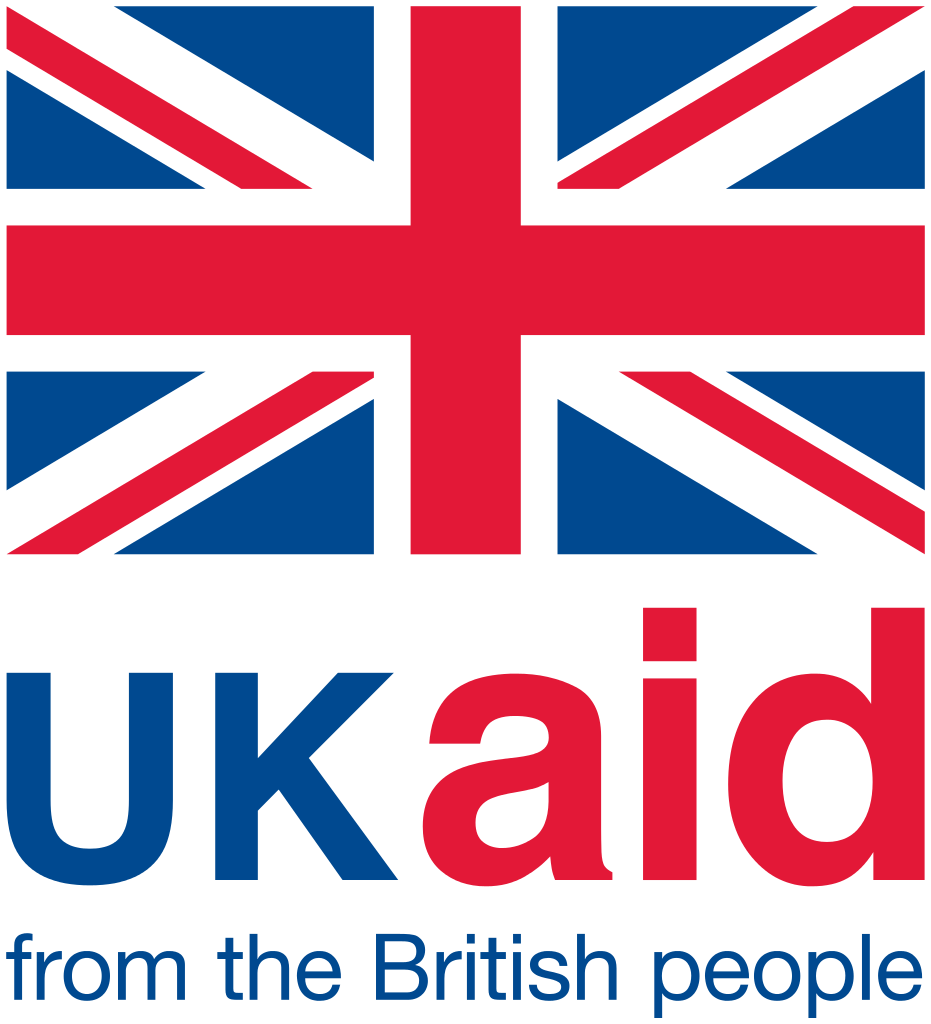
Download our additional project materials.
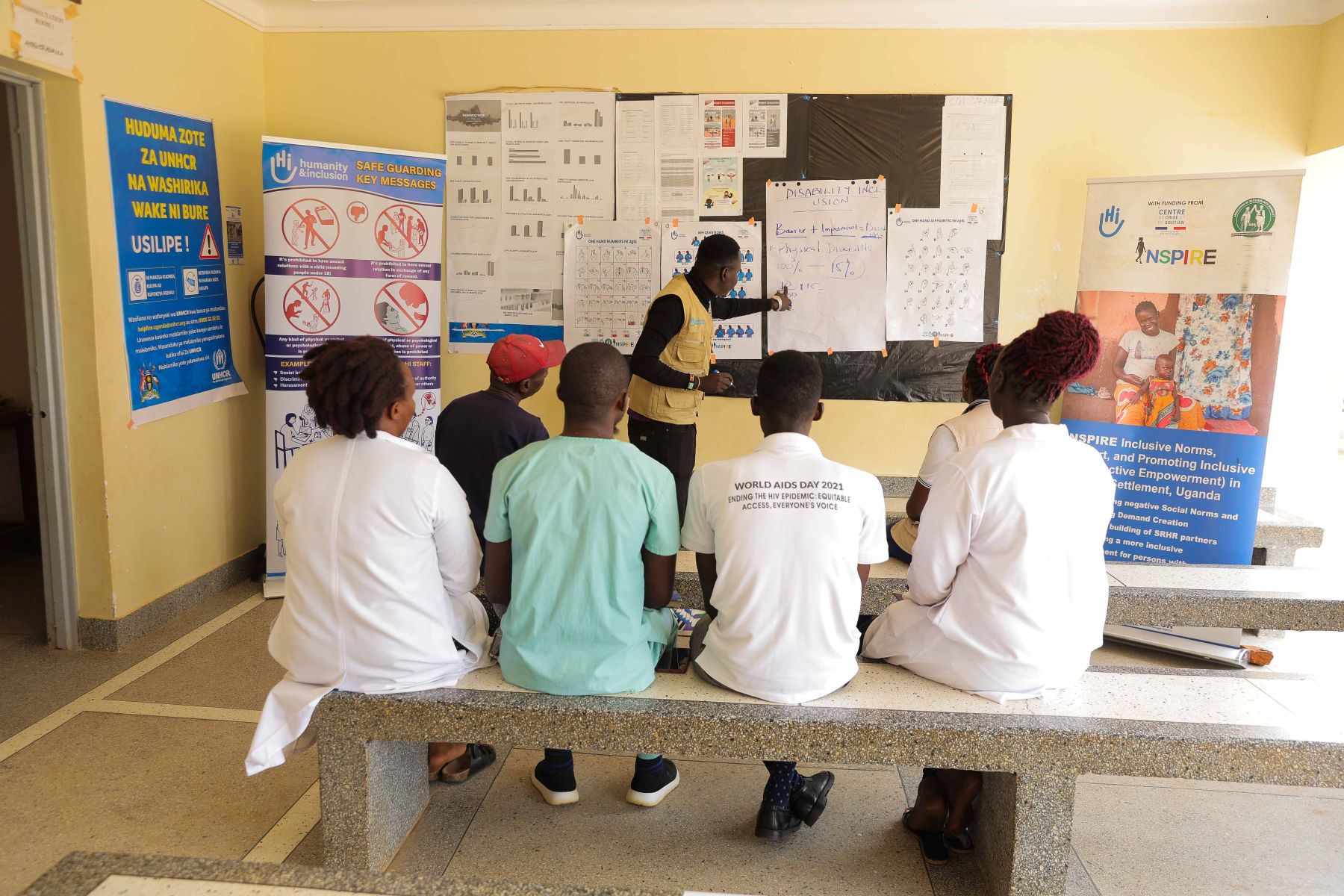



© HI
We developed and delivered training packages for health workers, OPDs, and government representatives on disability-inclusive SRHR services. This included modules on disability inclusion, inclusive SRHR services, and the use of the Washington Group Questions and Social Behavioural Change Communications. We also provided capacity building through webinars, events with consortium partners, technical materials, and guidelines for supporting SRHR actors and practitioners who are active at the local level.
Guidelines download (PDF, 6.68 MB)
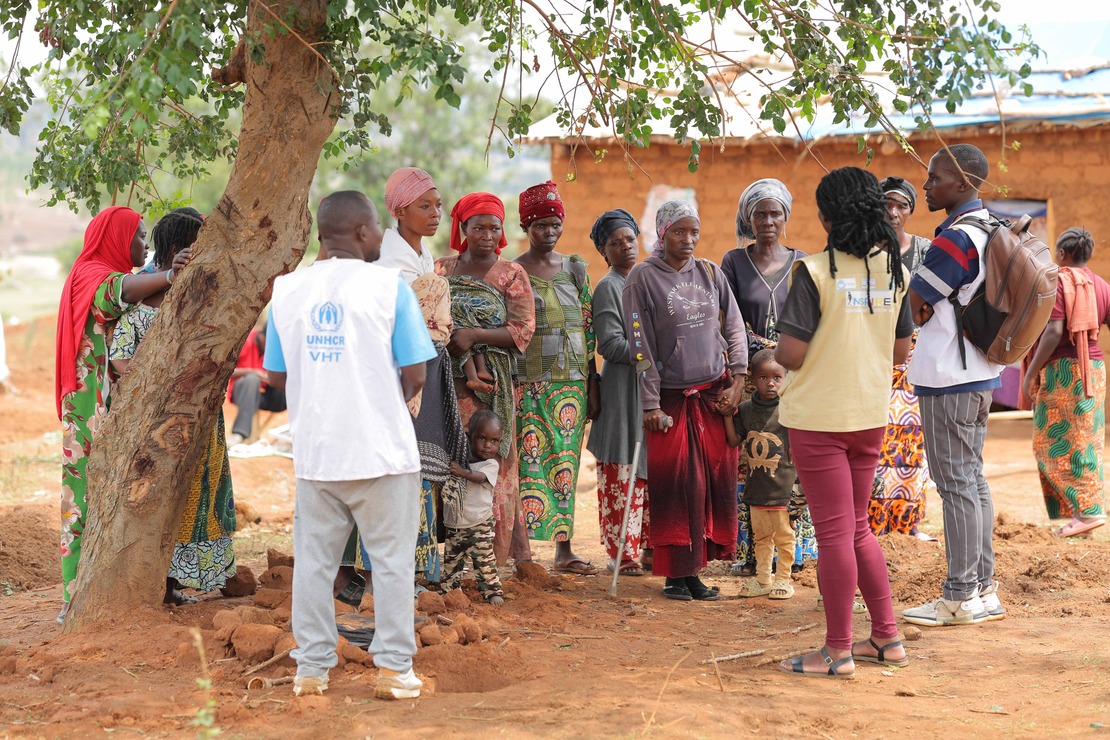



© HI
We supported the establishment of Cluster Management Committees at the local level in Bangladesh, comprising government representatives, social services, service providers, and OPDs, to advocate for disability-inclusive SRHR. At the national level in Bangladesh, we facilitated the formation of a government Disability Inclusive Technical Working Group to develop a Standard Operating Procedure for persons with disabilities.
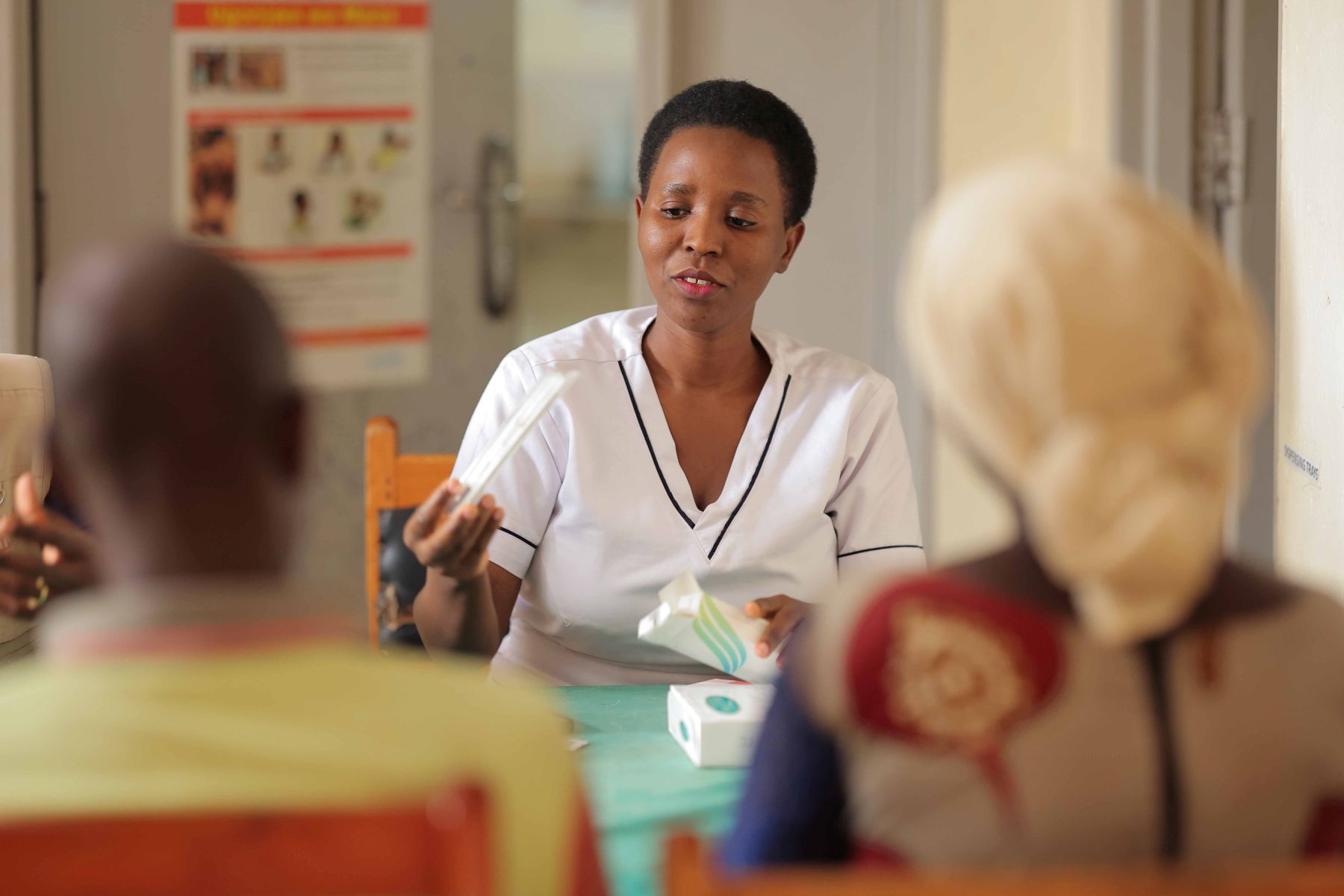



© HI
Through regular project activities, we disseminated accurate information about the availability of SRH services and centres. We contributed to the development of inclusive Social Behavioural Change Communications messages, customising existing materials and converting approved digital health information into audio formats for persons with hearing impairment, ensuring broader accessibility. We also supported the distribution of mobile animated videos made by partner DMI, which challenge social norms and address stigma around SRHR for young people with disabilities.




© HI
We engaged OPDs to support demand creation for SRHR services, disseminate information, provide referrals to health facilities, and advocate for disability-inclusive services at both community and facility levels. This also included representing persons with disabilities in coordination efforts like Cluster Management Committees.
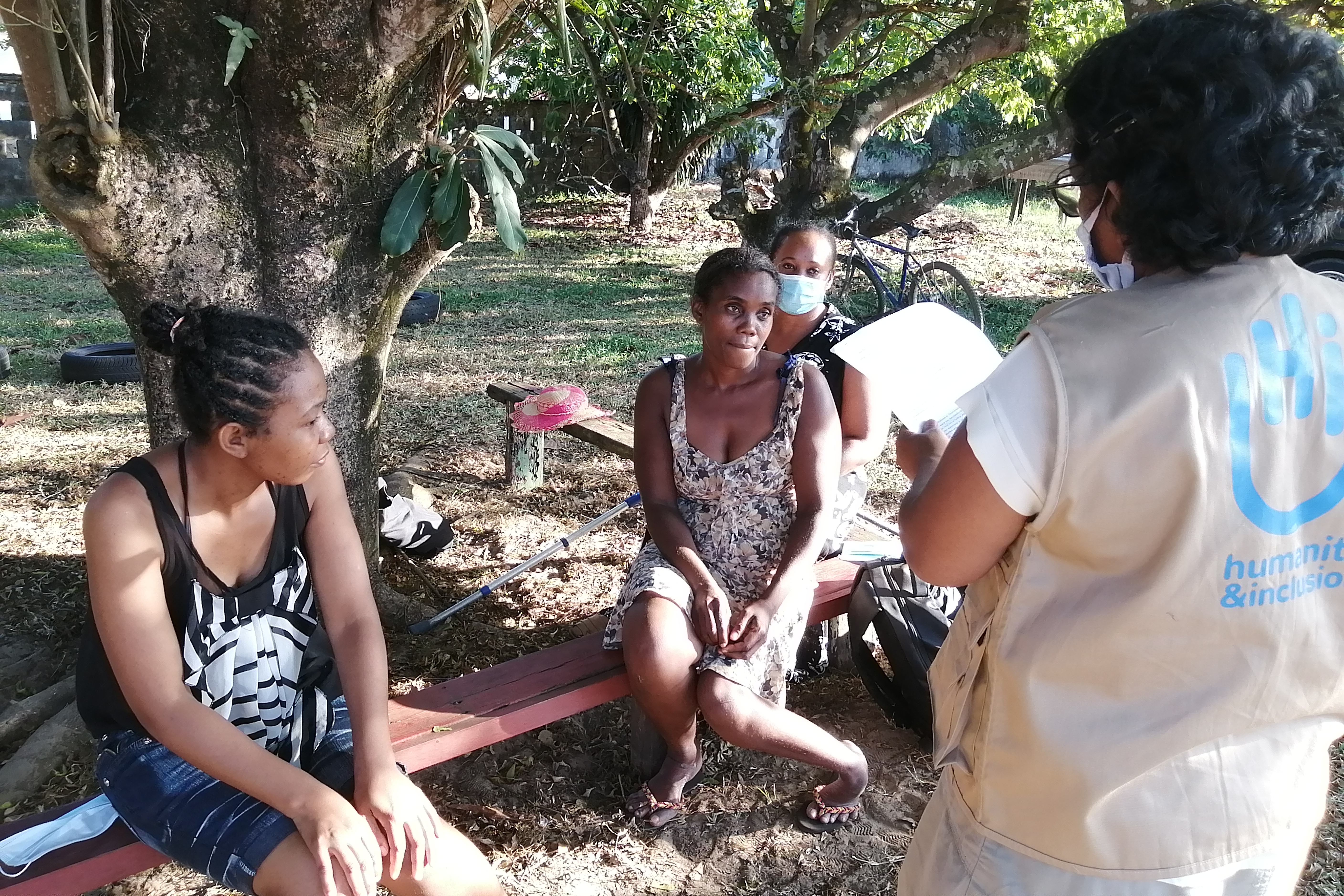



© HI
We conducted assessments to identify barriers at health facilities and based on the findings, we implemented accessibility improvements. For example, in Bangladesh, we piloted changes like ramps, accessible toilets, and tactile markings in eight family planning service centres and health facilities.
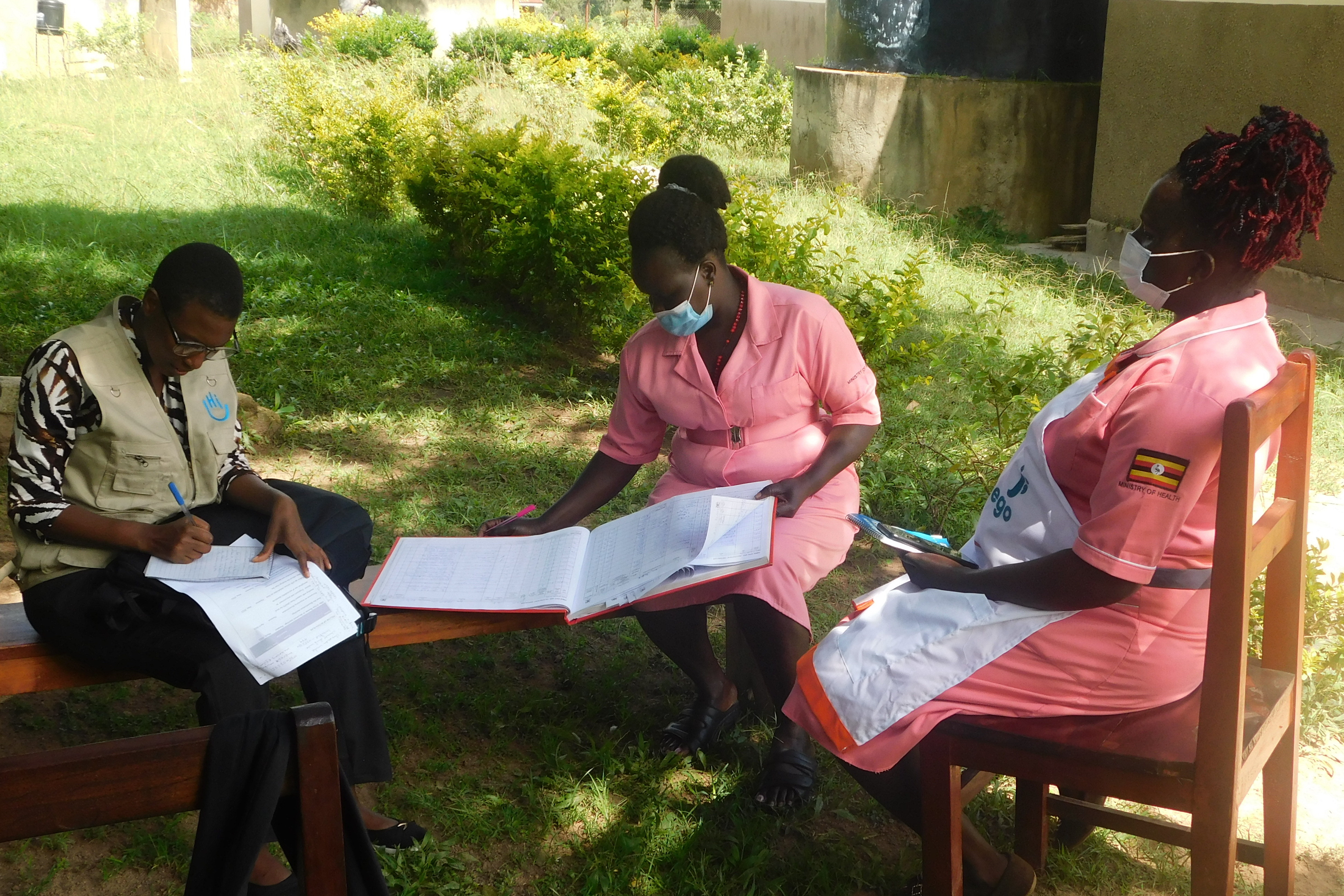



© HI
To address gaps in data, we prepared beneficiary lists using the Washington Group Questionnaire. The project promoted the collection of disability-disaggregated data in health and SRHR using the Washington Group Short Set of Questions to improve programming and services.
Rhoda, a visually impaired single mother, found her life changed through the WISH project. After participating in capacity-building training, community dialogues, and awareness sessions, she gained valuable knowledge about family planning and SRHR. Empowered by this information, she not only embraced family planning for herself but also became a champion and advocate in her community. As a senior woman, she now provides crucial guidance to other women and girls and actively supports young people at the school for the blind, ensuring they have the information she once lacked. Her journey demonstrates the project's success in empowering individuals to become leaders and advocates for change.
‘I have realized that it is fundamental for the rights and wellbeing of women, girls, boys and men with disabilities to have effective inclusive SRHR services. This is to ensure that our adolescent girls and adults with disabilities can avoid adverse health and socioeconomic consequences of unintended pregnancy and have a satisfying sexual life like any other person. Previously, I used to think that [people with disabilities] were not sexually active.’ – Nurse from South Sudan, reflecting on the training
WISH2ACTION was led by International Planned Parenthood Federation, funded by the UK Foreign, Commonwealth and Development Office, with the following partners:
For more information about WISH, see the IPPF website.
Sign up to receive updates
on how your support is changing lives
ABOUT US
Humanity & Inclusion UK
Romero House
55 Westminster Bridge Road
London
SE1 7JB
UK registered charity no. 1082565




MORE INFORMATION
SEARCH
ABOUT US
Humanity & Inclusion UK
Romero House,
55 Westminster Bridge Road,
London
SE1 7JB
UK registered charity no. 1082565




MORE INFORMATION
SEARCH